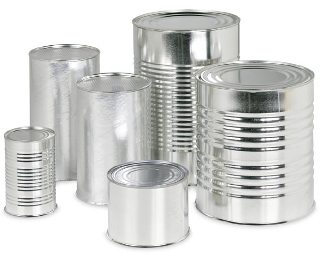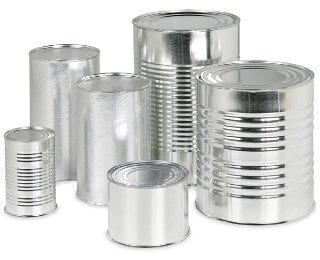European report declares BPA safe in metal cans
March 11, 2015


European report declares BPA safe in metal cans
The North American Metal Packaging Alliance, Inc. (NAMPA) welcomes another definitive opinion delivered today by the European Food Safety Authority (EFSA) supporting the safety of bisphenol A (BPA). In its latest review of the science on BPA, the third such review since 2006, EFSA reaffirmed its 2010 assessment that BPA presents no risk to people from food packaging.
"Time after time when the comprehensive body of research on BPA is evaluated by unbiased scientific experts, the conclusion is the same—that BPA does not pose any risk to infants, children, or adults from exposure through food contact applications," said Dr. John M. Rost, NAMPA Chairman. "This latest affirmation of BPA's safety in food packaging should prompt consumers to question the motivation behind the negative publicity on BPA, a material that not only protects food, but that repeatedly has been found safe by expert regulatory bodies worldwide."
Over the past several weeks, EFSA conducted a thorough review of new scientific studies. This review was conducted at the request of the European Commission, following recent concerns raised by a report from the French food agency (ANSES). Responding to those concerns, EFSA noted that ANSES had conducted a limited hazard identification process, while EFSA had conducted a full risk assessment on BPA.
Based on this latest assessment, EFSA upheld the finding of its 2010 review that the existing tolerable daily intake (TDI) for BPA would "protect all human populations for lifetime exposure to this substance through diet." EFSA also indicated plans to establish a multidisciplinary working group to monitor and review new scientific studies on BPA.
"BPA-based epoxy coatings used in metal packaging enable high temperature sterilization that eliminates the danger of food poisoning or contamination," continued Dr. Rost. "These coatings are extremely effective, thoroughly tested, and safe, as reiterated by this recent EFSA evaluation. Expert risk assessments such as this latest work by EFSA should be what guides policy actions on BPA, not political agendas."
View the full EFSA report here.
Source: North American Metal Packaging Alliance Inc.
.
You May Also Like


